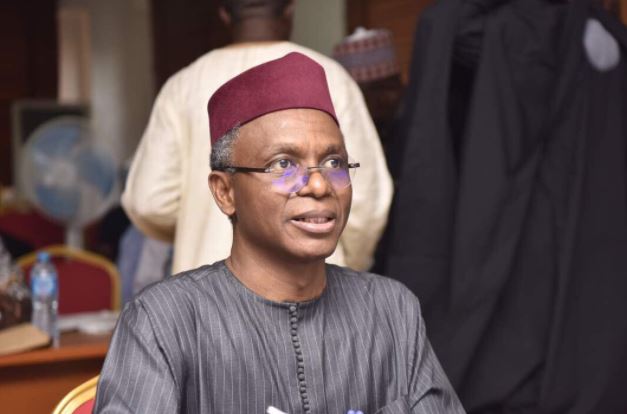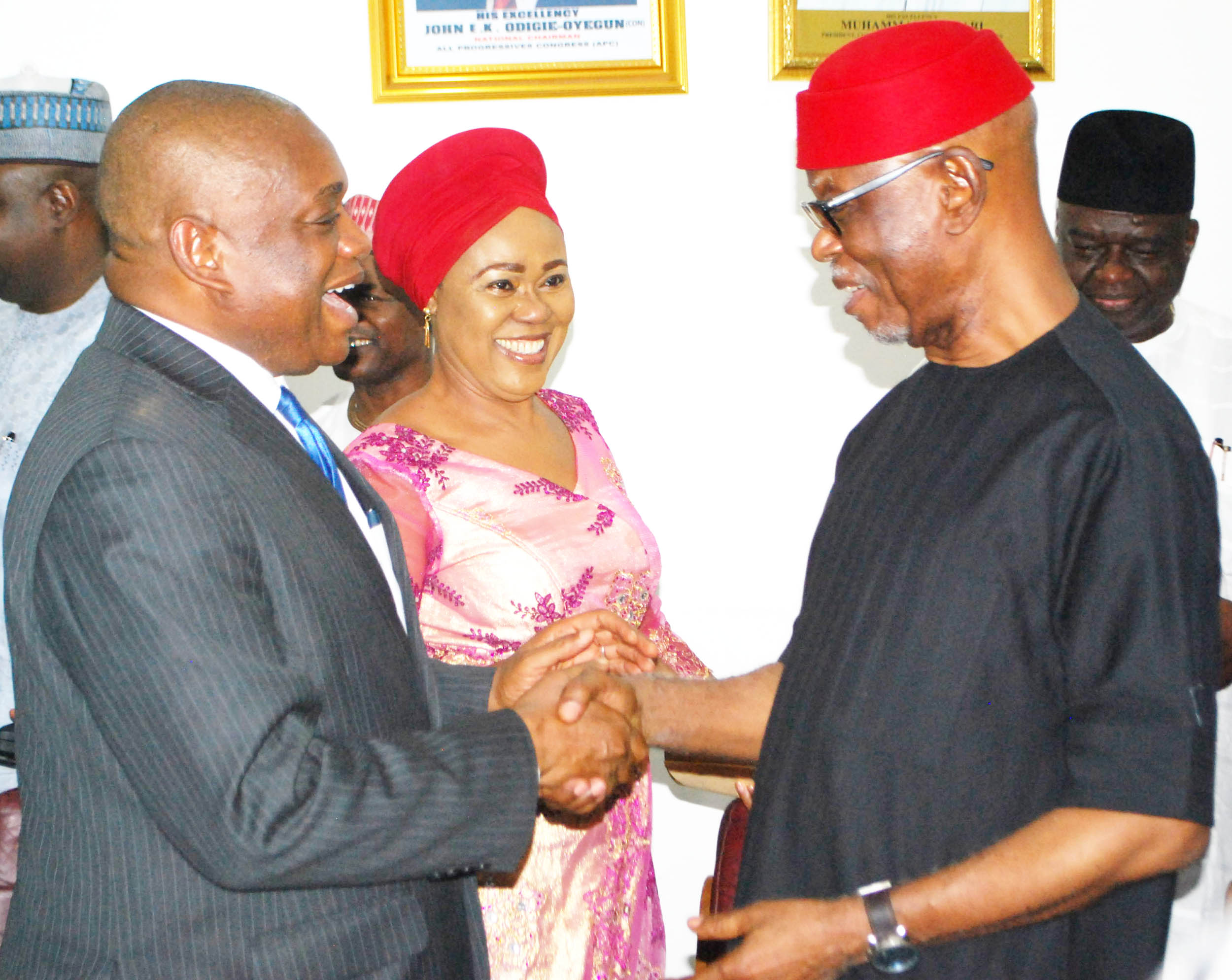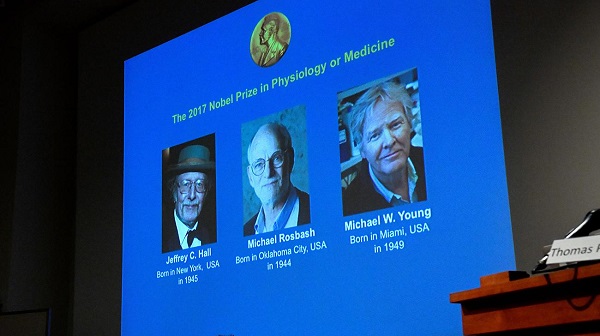With the positions canvassed by many northern states, El-Rufai’s committee on restructuring has its job cut out for it.
So far, Nigerian elites haven’t reached a consensus on the kind of restructuring Nigeria needs. Discussions on restructuring have been clouded with suspicion between ethnic groups. This could affect the acceptability of El-Rufai’s final report.
The kind of restructuring proposed by some Yoruba leaders and leaders of social-cultural groups in the South—- which proposed a return to the 1960 -1963 constitution and granting the regions more control of their resources —- has been summarily dismissed by Kano, Katsina and Nasarawa States in the ongoing APC’s public conversation on restructuring.
To support Kano State’s argument, Governor Abdullahi Ganduje argued that the derivation formula pegged for oil producing states should not exceed 13%. (Since oil is still the mainstay of Nigeria’s economy, the more money the South-South gets from oil revenue, the lesser the money to be shared by other regions.)
Advertisement
This position will definitely not go down well with many in the South-South, where many define restructuring as a kind of subtle resources control. In fact, the proposal of 18% derivation for oil producing regions tore delegates apart at the last national conference. (Some delegates from the South-South had initially canvassed 50% derivation.)
Even the 5% allocation conceded to other regions for solid mineral development and reconstruction and stabilization of the North, respectively, by the consensus group of the national conference did little to calm tempers in some quarters.
Governor Ganduje also argued that Nigeria should maintain the present tiers of government with 36 states and 774 local governments.
Advertisement
Retaining Nigeria’s 774 local-government-structure with the north having more local governments and likely to vote against any increase in derivation would dash any hopes of achieving increased revenue for the South-South.The clamor for resource control will also face similar fate.
Surprisingly, many northern states do no support the notion of moving many of the 68 items in the exclusive list to the residual list. Many proponents of devolution of power have argued that states would have more control of their destinies if they had the powers to constitute their own police force, conduct local census and register local businesses, etc.
The argument on devolution of power has been contentious. Technically, devolution of power would result in a weaker central government. Many suspect that a weaker and poorer central government might not have the resources to prevent the break-up of Nigeria. But this is arguable.
The northern states, who rejected the idea of devolution of power, might share some of former President Obasanjo’s views. They could argue that the governors are currently very powerful and that the constitution has given them avenues to circumvent items on the exclusive list in order to achieve good governance.
Advertisement
These northern states could stretch their thesis further by arguing that many state governors aren’t accountable and that giving them more money would result in increased pilfering of public resources. But this argument has some shortcomings.When the center isn’t so powerful and awash with money, many would have to beam their searchlights on their states. In this case, state governors would be under more public scrutiny.
The restructuring debate is certainly not going to end with the recommendations and conclusion from El-Rufai’s committee.
The easiest conclusion is to argue that what Nigerians need most is the restructuring of their mindsets. This conclusion will not solve the increasing agitations, which has very clear ethnic colourations.
The best restructuring Nigeria could have is to institute a structure which relegates ethnicity and religion to the background. Such structure should have “state of origin” changed to “state of residence” in the constitution. This way, anyone who has lived and worked in any part of Nigeria should be entitled to the benefits from the natural resources from that part of the country. This structure could have a Hausa speaking Nigerian, who has lived all his life in Ogoni, clamoring for resource control.
Advertisement
Add a comment







